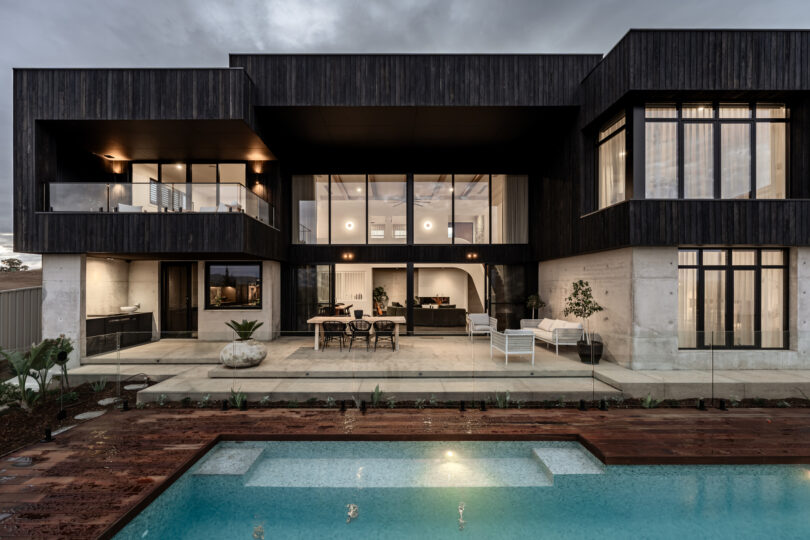Understanding the Concept Agreement: A Vital First Step in Your Custom Home Journey
When embarking on the journey to build your dream home, the excitement of seeing your vision come to life is often met with the complexities of design and construction. At Lancaster Homes, we understand the importance of having a clear roadmap from the very beginning, which is why we offer a Concept Agreement as the first crucial step in your custom home project. In this blog post, we’ll delve into what a Concept Agreement is, its benefits, and the potential risks of bypassing this essential stage.


What is a Concept Agreement?
A Concept Agreement, also known simply as a concept agreement, is an initial agreement between you and your Builder that sets the foundation for your new home’s design. This agreement outlines the scope of work for creating the preliminary design of your home, ensuring that your vision is captured in a way that aligns with your budget and site specifics.
The Concept Agreement includes:
- Concept Plans: A detailed brief of your desired home is discussed, and our award-winning design partners create a concept design tailored to your needs. The agreement includes a number of revisions of the concept plans, ensuring that the design closely aligns with your expectations.
- Cost Estimate: Once you approve the concept plans, we prepare a cost estimate for the construction, considering your desired finishes and inclusions. This estimate helps you understand the financial scope of your project early on.
Benefits of a Concept Agreement
- Clarity and Vision Alignment: The Concept Agreement ensures that both you and Lancaster Homes have a clear understanding of the project’s vision from the outset. This clarity helps in avoiding costly misunderstandings or deviations later in the project.
- Budget Control: By providing a preliminary cost estimate based on the concept plans, the Concept Agreement helps you understand the financial implications of your design choices early on. This allows for any necessary adjustments before moving forward with more detailed planning and construction.
- Foundation for the Preliminary Building Agreement: The Concept Agreement serves as a precursor to the Preliminary Building Agreement, which involves more detailed documentation and planning. Having a solid concept plan in place ensures that the subsequent stages are built on a strong foundation.
- Single Point of Contact: With our unique team structure, you have a single point of contact throughout the design and build process, ensuring seamless communication and a cohesive approach to the design your project.
Risks of Not Utilising a Concept Agreement
Choosing to bypass a Concept Agreement can lead to several complications:
- Design Misalignment: Without a clearly defined concept, there’s a higher risk of the final design not meeting your expectations or requiring significant changes later, which can be both time-consuming and costly.
- Budget Overruns: Without an initial cost estimate tied to your concept plans, you might encounter unexpected expenses as the project progresses, leading to potential financial strain.
- Delays in Project Timeline: Starting the project without a well-defined concept can lead to delays as design changes are made on the fly, which can extend the overall timeline of your build.
Conclusion
At Lancaster Homes, our goal is to make the journey of building your dream home as smooth and enjoyable as possible. The Concept Agreement is a crucial first step in this process, providing you with clarity, control, and confidence as you move forward. By investing in a Concept Agreement, you lay the groundwork for a successful project, ensuring that your vision is accurately captured and that your budget is respected from the very beginning.
Stay tuned for our next blog post, where we will discuss the Preliminary Building Agreement and how it further solidifies your home-building journey.
Ready to get in touch? Contact us Now
The benefits of hiring a company that offers both design and construction.
Design and construction are two critical components of any building project.
What are PC and PS items in a builders quote?
As you review a builder’s quote, you’ll likely come across two terms that can influence your budget significantly: Provisional Sums (PS) and Prime Cost (PC) Items.
Builders Quotes vs Estimates – What’s the Difference (and Why It Matters)
Ballpark figures, estimates and Builders quotes, how do they all fit together?



